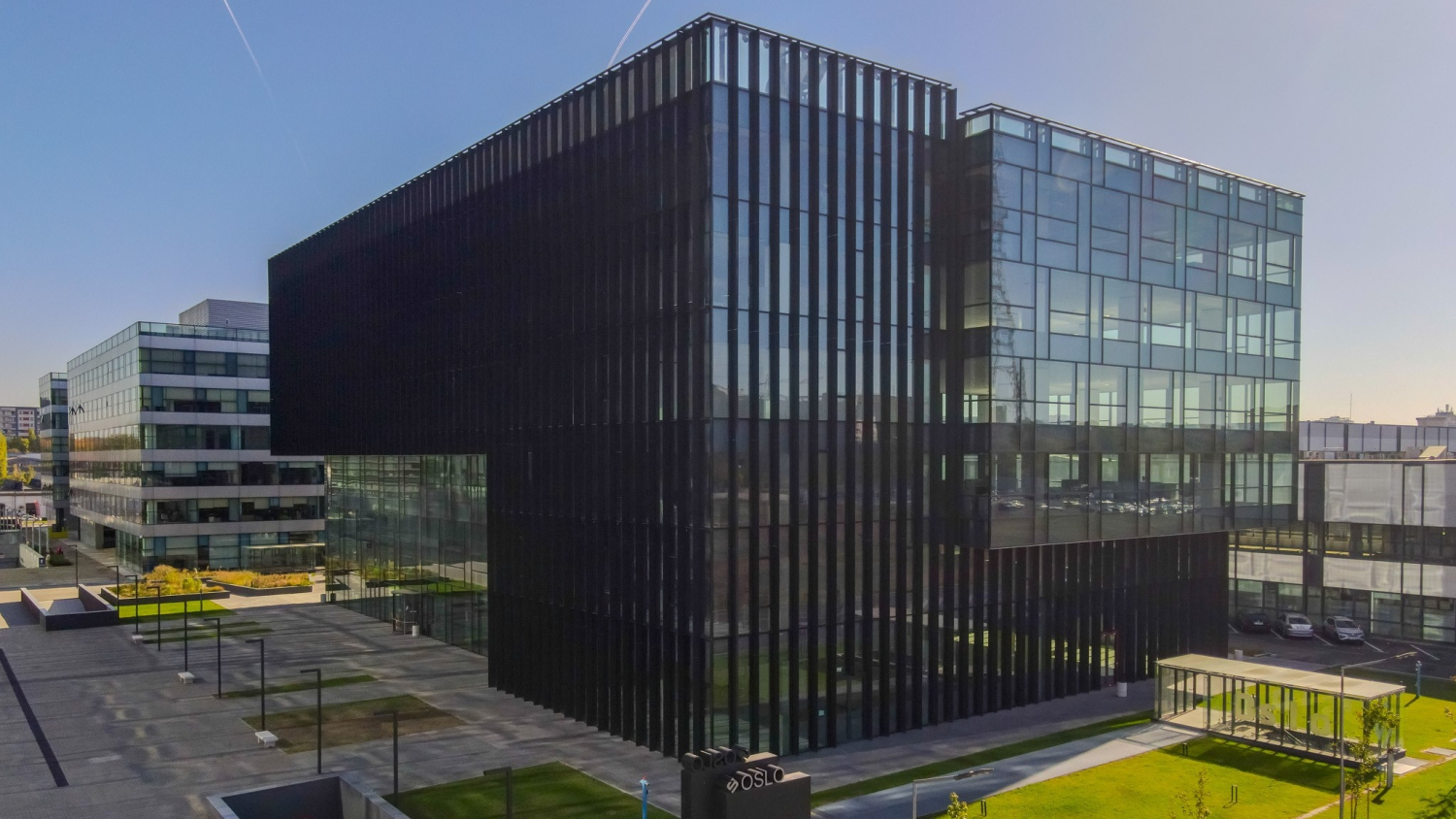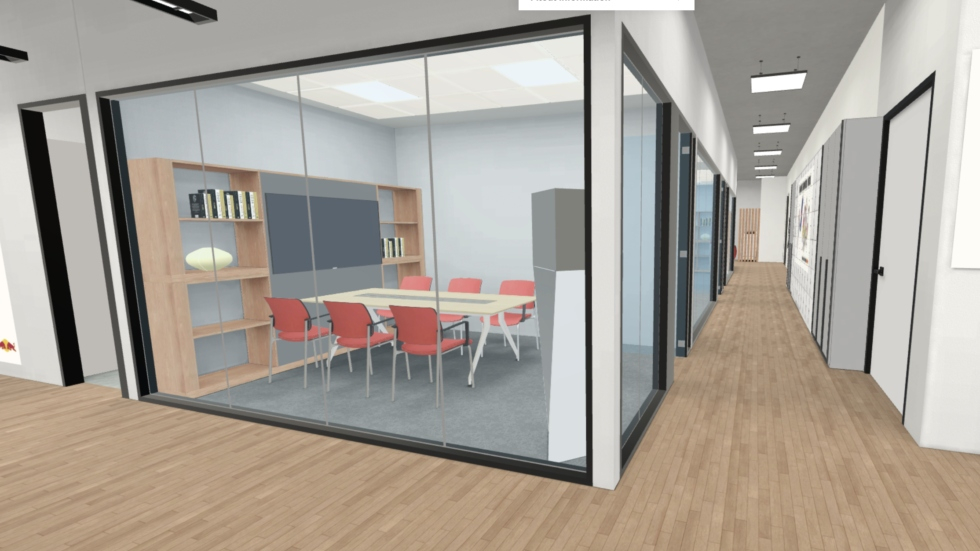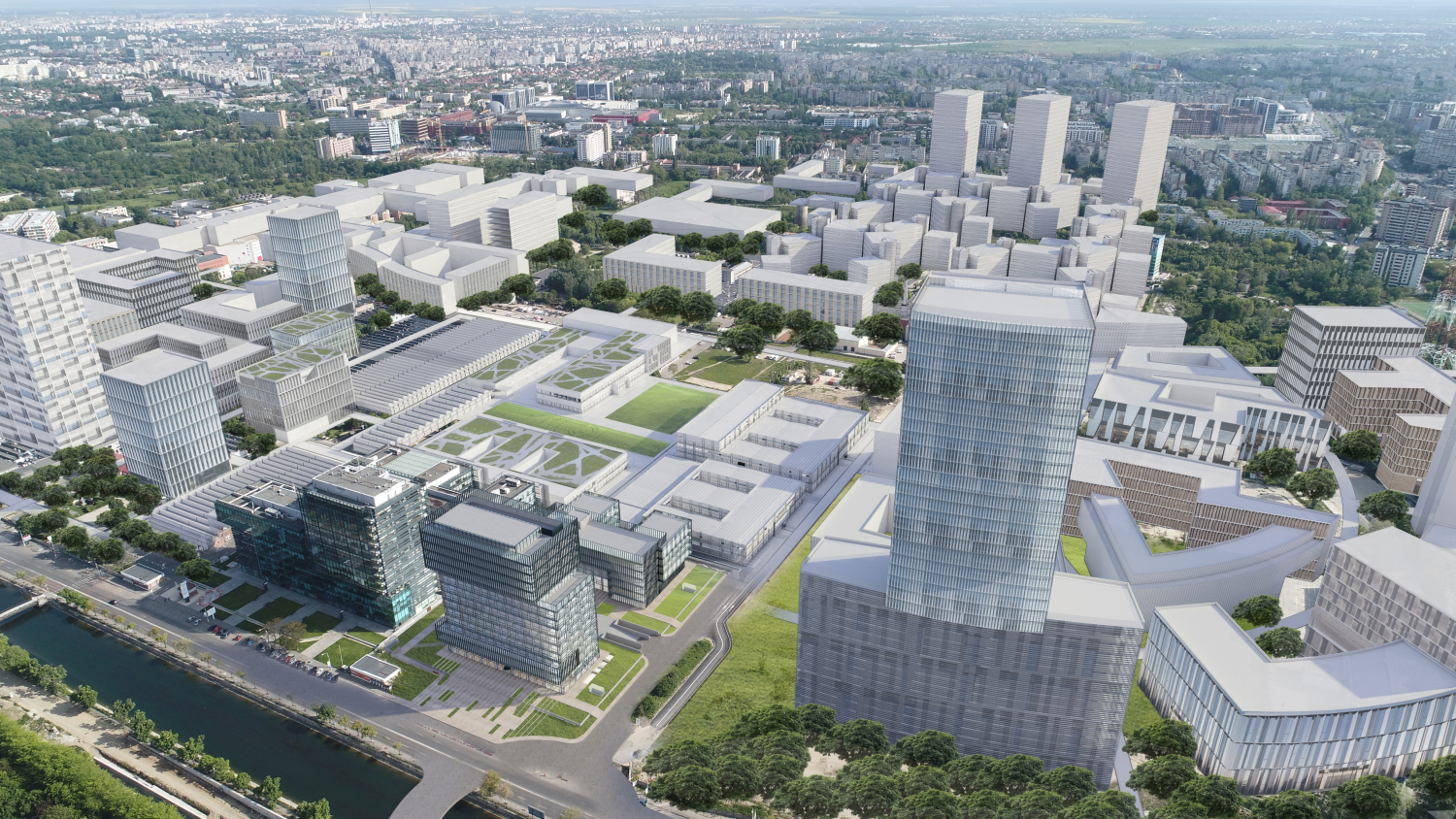How did NNDKP's real estate portfolio perform in 2023 and what is your outlook for this year?
For NNDKP, 2023 was a dynamic year with major projects across all real estate sectors. Although the prerequisites of the beginning of the year offered a trend of moderation in the transactional field, the dynamics of the industry changed at the end of 2023 and the appetite of real estate investors for transactions increased. Complex and diverse projects are expected for this year.
Which segments are generating the biggest demand for NNDKP's real estate expertise?
In recent years, the logistics sector together with development of renewable energy projects have been popular with investors, and we expect this trend to continue in 2024. The office sector has remained a strong component of NNDKP expertise, as 2023 revealed a growing preference for employees to return to the office, emphasizing the importance of social interaction in daily work life.
The residential segment has experienced an interesting and unpredictable evolution, influenced by a number of factors. These included the latest fiscal changes that led to the increase of the tax applied to individuals, the increase of the inflation rate with a direct impact on developers and buyers, as well as the difficulties encountered in the authorization process.
Are you seeing any changes in the structures of leasing agreements in the commercial real estate sector?
The structuring of lease agreements has not changed too much. Commercial space requirements and lease terms have started to vary, as tenants now prioritize flexibility, but the triple net principles continue to be applied as they represent the core of commercial real estate.
The scarcity of new or readily available projects, mainly in the office market (but valid to a certain extent also for the logistics and commercial segments) intensifies competition for good projects.
What were some of the key transactions that your team assisted last year? Were there any challenges that you had to overcome in these deals?
NNDKP was involved in several important transactions in the real estate market last year. For example, we have assisted the buyer (one of the largest land and forestry owners in Romania) during the due diligence process and afterwards with the acquisition of the shares of a company holding over 1,000 ha of forestry land.
We have advised one of the major hospital operators in a largescale transaction involving the acquisition of a plot of land of approximately 30,000 sqm in a key location in the northern side of Bucharest and the future development of a unique mixed-used project that will include offices, residential units and a new hospital.
In the logistics segment, we have assisted one of the most important investors in the development of logistic warehouses during a “sale and lease back” transaction involving the acquisition of three land plots totalling over 93,900 sqm, as well as of two existing manufacturing and logistics buildings with an area of more than 30,000 sqm.
What is your outlook for the real estate investment market in Bucharest and regional cities this year?
The real estate market in Bucharest continues to exhibit consistent growth and development, although developers face challenges with urban planning and obtaining necessary authorizations when developing new real estate projects. The Urbanism Code that is currently on the legislative table can provide more predictability and greater support in the development of real estate projects.
The approval of the Urbanism Code is expected by developers with the hope and trust that it will provide a unified legislative framework on urban and permitting aspects, leading to predictability and the acceleration of real estate projects.
In Bucharest, the Urbanism Code is expected to solve the blockages generated by the suspension / annulment of the Zonal Urban Plans (PUZs) and an outdated General Urban Plan (PUG). Investment in regional cities is showing an upward trend, considering the permitting blockage in the capital.
Are there any major changes in the legal framework that property companies should be aware of?
2023 brought several legislative amendments, focusing on the authorization procedure. For example, with the aim to limit and to offer clear terms for challenging a building permit/urban planning documentation, the legislator adopted a new law in April 2023 that provides for, amongst other things (i) specific deadlines for filing preliminary complaints and requests to cancel building permits as well as (ii) a special limitation period of 1 year for interested social bodies to challenge the decisions approving the territorial planning and urban planning documentation (derogating from the general period of 5 years).
In the tax field, homes with a usable area of maximum 120 sqm and a value of up to RON 600,000 purchased by individuals are taxed with VAT at the rate of 9% instead of 5%.
Moreover, starting from the 1st of January 2024, residential buildings in Romania, owned/jointly owned by individuals, whose calculated taxable value exceeds RON 2.5 million, will be subject to a tax rate of 0.3% of the difference between the taxable value of building communicated by the local tax authority through the tax decision and the ceiling of RON 2.5 million.
Is Romania on the radar of new property investments looking to expand their presence in the region?
The market in Romania has reached a level of maturity sought by investors and, despite the challenges faced by the market, both local and foreign investors continue to invest in Romania, remaining positive and open to new opportunities on the local market. While offering potentially higher returns compared to other countries in the region, Romania simultaneously boasts significant room for growth, as evidenced by its lower space utilization per capita in both office and residential segments This growth potential is further enhanced by a relatively stable economic environment.
Beyond the capital city of Bucharest, secondary cities like Cluj, Iasi, Timisoara have enormous potential. Romania has always been and will continue to be a significant IT hub, fostered by a highly skilled and English-speaking young workforce. It also acts as an important logistics hub in the context of regional conflicts which can only increase the opportunities available. Therefore, the mix offered by Romania is quite unique for the region and I dare say for Europe as a whole.










